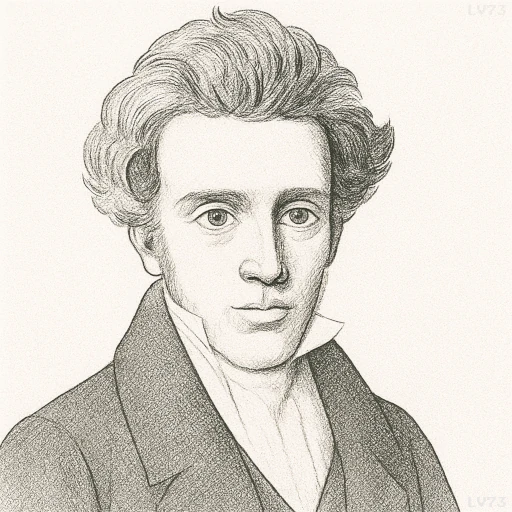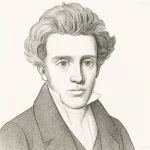“Life can only be understood backwards; but it must be lived forwards.”

- May 5, 1813 – November 11, 1855
- Danish
- Philosopher, Theologian, Poet, Father of Existentialism
table of contents
Quote
“Life can only be understood backwards; but it must be lived forwards.”
Explanation
In this quote, Kierkegaard presents a profound paradox of human existence: while clarity and understanding often come through reflection on the past, life itself must be acted out in the uncertainty of the present and future. We cannot predict outcomes or fully grasp the meaning of events as they unfold, yet we must continue to live and make choices without knowing what they will ultimately mean.
This idea reflects Kierkegaard’s broader existential philosophy, particularly his emphasis on individual experience and subjective truth. Living in the 19th century, amid the rise of historical analysis and deterministic thinking, Kierkegaard insisted that life is not a problem to be solved mathematically, but a reality to be endured and interpreted through personal faith and reflection. The quote captures the tension between rational understanding and existential action.
In modern life, this insight remains especially relevant. People often make difficult decisions—about careers, relationships, or identity—without full information. Only in hindsight do patterns emerge or meaning become apparent. For example, a painful failure may later reveal itself as a turning point for growth. Kierkegaard’s message encourages us to live bravely into the unknown, trusting that understanding will come, even if only in retrospect.
Would you like to share your impressions or related stories about this quote in the comments section?
